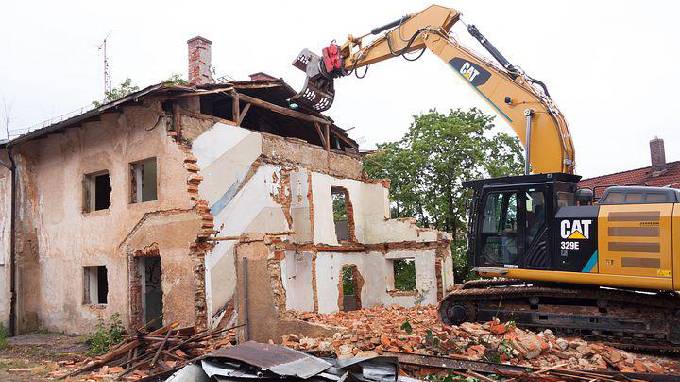DISOBEDIENCE OF THE ORDERS PASSED BY THE COURT ATTACKS THE VERY FOUNDATION OF THE RULE OF LAW: SUPREME COURT
Introduction
On May 9, 2025, A two judge Bench of the Supreme Court presided by Justice Masih and Justice Gavai, while deciding the case “Tata Mohan Rao v. S. Venkateshwarlu and Others etc.” arising out of Contempt Petitions, highlighted how defying orders passed by a Court attacks the very core of Rule of Law and the fundamentals of a democracy. In the present case, the disobedience of court orders became more pertinent to address as it was done by a civil servant.
Factual Background of the Case
A group of home dwellers hailing from Adavi Takkellapadu, a village in Andhra Pradesh, approached revenue authorities seeking regularisation of a land parcel in their possession, upon which they had built houses. The revenue authorities did not consider their representations rather began carrying out the work to dispossess them. They approached the High Court of Andhra Pradesh, seeking justice against the unlawful actions of authorities. On 13th September 2013, the High Court issued directions to Tehsildar, to review the representations and take a decision within two and while the decision is pending, not to carry out any eviction work.
Thereafter, another set of home dwellers approached the High Court against the Tehsildar, who was removing houses despite court’s earlier order. The High Court found the Tehsildar guilty of Contempt. The Court sentenced him to a simple imprisonment of two months and a fine. The Division Bench of the same High Court, dismissed the appeal. Subsequently, the Tehsildar approached the Supreme Court.
Reasoning behind Tehsildar’s Acts
The arguments advanced in the favour of the Tehsildar were two fold. Firstly, with an intention to protect Government land, in times of division of Andhra Pradesh and Telangana. There was uncertainty on the border areas. And secondly, only the houses that were built overnight were destroyed.
Further, they requested that if the Appellant is incarcerated, he would lose his job and that would have a very negative impact on the family, especially the education of kids.
Decision
The Bench held that the act of Appellant makes him liable to be punished. The inhumane action of throwing the home dwellers on the road and destroying their houses, without any regard to the specific warnings in the Court’s orders, makes the Appellant liable. The Supreme Court further held that such actions do not merit any leniency for the Appellant but the children of Appellant should not face the impact of Appellant’s inhumane conduct.
The Bench, while confirming the conviction of the Tehsildar, took a lenient view in respect of the sentence imposed keeping in mind the livelihood of Appellant’s family. However, the Court also emphasised that in situations like these, where there is such an apparent defying of Court’s orders by government authorities alone, the entire base of Democracy and Rule of Law gets attacked and the principle needs to be reiterated that however powerful someone might be, they are not above the law.
The Appellant was promoted to the post of Deputy Collector in 2023. Therefore, in the light of the findings mentioned above, he was demoted back to the post of Tehsildar. The Court removed the sentence of imprisonment, allowing the appeal.
Conclusion
While dealing with the present case, the Supreme Court struck a balance between punishment and leniency. This decision also upholds the very basic foundation of the Rule of Law, that the orders of the court shall not be disobeyed by anyone. Period.
Yash Hari Dixit
Associate
The Indian Lawyer and Allied Services
Please log on to our YouTube channel, The Indian Lawyer Legal Tips, to learn about various aspects of the law. Our latest video, titled “Senior Citizens: Legal Rights & Support Systems Explained” can be viewed at the link below:





































Leave a Reply